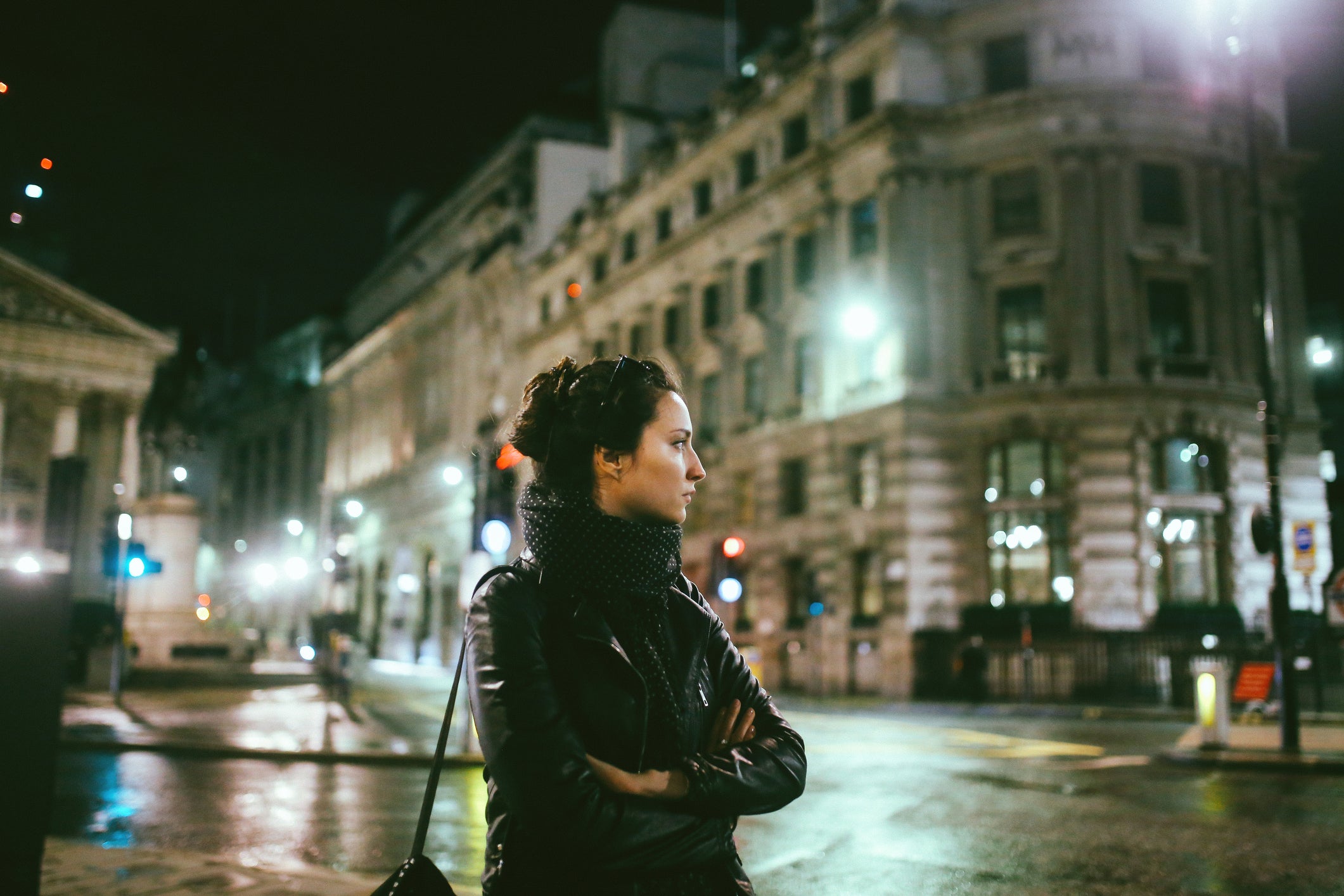More than half of lonely adults fear no one will notice if something bad happens to them
'Every one of us would want someone to reach out to us if we found ourselves all alone'

Your support helps us to tell the story
From reproductive rights to climate change to Big Tech, The Independent is on the ground when the story is developing. Whether it's investigating the financials of Elon Musk's pro-Trump PAC or producing our latest documentary, 'The A Word', which shines a light on the American women fighting for reproductive rights, we know how important it is to parse out the facts from the messaging.
At such a critical moment in US history, we need reporters on the ground. Your donation allows us to keep sending journalists to speak to both sides of the story.
The Independent is trusted by Americans across the entire political spectrum. And unlike many other quality news outlets, we choose not to lock Americans out of our reporting and analysis with paywalls. We believe quality journalism should be available to everyone, paid for by those who can afford it.
Your support makes all the difference.The majority of adults in the UK who experience loneliness are afraid that no one will notice if something bad happens to them, new research conducted by the British Red Cross has found.
Approximately nine million people in the UK say that they often feel lonely, with many struggling to make lasting, social connections with others.
The British Red Cross has recently undertaken a study investigating the extent to which people across the country suffer from loneliness and social isolation, with almost a fifth of individuals stating that they don’t have friends that they can turn to in times of need.
A survey of 4,000 adults in the UK was carried out between 30 October and 15 November this year.
The findings revealed that 53 per cent of adults who feel lonely fear that they'll have no one there to support them should something bad happen to them, and one in nine people don't feel that they have anyone in their lives that they'd be able to rely on if they were experiencing a crisis.
The research conducted by the charity also found that of the individuals who often feel lonely, two thirds frequently feel completely alone even when surrounded by other people, and more than a third of people don't know how to cope with loneliness.
Zoë Abrams, executive director of Communications and Advocacy at British Red Cross, explains the importance of forging close connections with others.
"Loneliness and social isolation doesn't discriminate," she says.
"Life circumstances can change in the blink of an eye, meaning it can happen to anyone, no matter your age or background.
"We all need someone to turn to in a crisis, but the findings of our research suggest that there are many people in our communities feeling they lack meaningful, human connections."
A recent study carried out by BBC Radio 4's All in the Mind in collaboration with the Wellcome Collection found that young people are most likely to experience loneliness, with 40 per cent of people aged between 16 and 24 stating that they feel lonely a lot of the time, in comparison to 29 per cent of those aged between 65 and 74.
Join our commenting forum
Join thought-provoking conversations, follow other Independent readers and see their replies
Comments